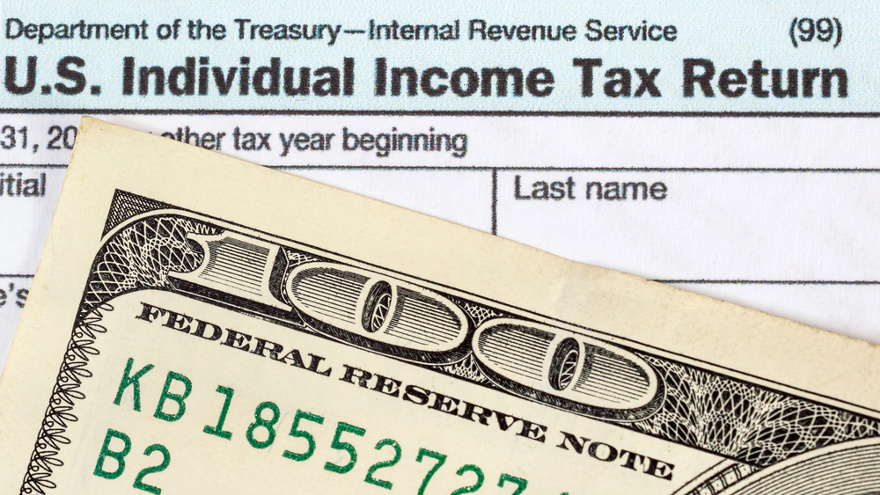IRS explains 3 activities typically done by agency scammers

By subscribing, you agree to receive communications from Auto Remarketing and our partners in accordance with our Privacy Policy. We may share your information with select partners and sponsors who may contact you about their products and services. You may unsubscribe at any time.
WASHINGTON, D.C. –
While it’s been more than three months since individuals and businesses had to file their federal income forms, the Internal Revenue Service warned that many taxpayers have encountered individuals impersonating IRS officials — in person, over the telephone and via email.
The IRS reiterated that the agency initiates most contacts through regular mail delivered by the United States Postal Service.
“Don’t get scammed. We want you to understand how and when the IRS contacts taxpayers and help you determine whether a contact you may have received is truly from an IRS employee,” agency officials said.
However, the IRS acknowledged there are special circumstances in which the IRS will call or come to a home or business, such as when a taxpayer has an overdue tax bill, to secure a delinquent tax return or a delinquent employment tax payment, or to tour a business as part of an audit or during criminal investigations.
Even then, the agency said taxpayers will generally first receive several letters (called notices) from the IRS in the mail.
Officials went on to note that the IRS does not:
Subscribe to Auto Remarketing to stay informed and stay ahead.
By subscribing, you agree to receive communications from Auto Remarketing and our partners in accordance with our Privacy Policy. We may share your information with select partners and sponsors who may contact you about their products and services. You may unsubscribe at any time.
— Demand that you use a specific payment method, such as a prepaid debit card, gift card or wire transfer. The IRS will not ask for your debit or credit card numbers over the phone.
— Demand that you pay taxes without the opportunity to question or appeal the amount they say you owe. Generally, the IRS will first mail you a bill if you owe any taxes. You should also be advised of your rights as a taxpayer.
— Threaten to bring in local police, immigration officers or other law-enforcement to have you arrested for not paying. The IRS also cannot revoke your driver’s license, business licenses, or immigration status. Threats like these are common tactics scam artists use to trick victims into buying into their schemes.


